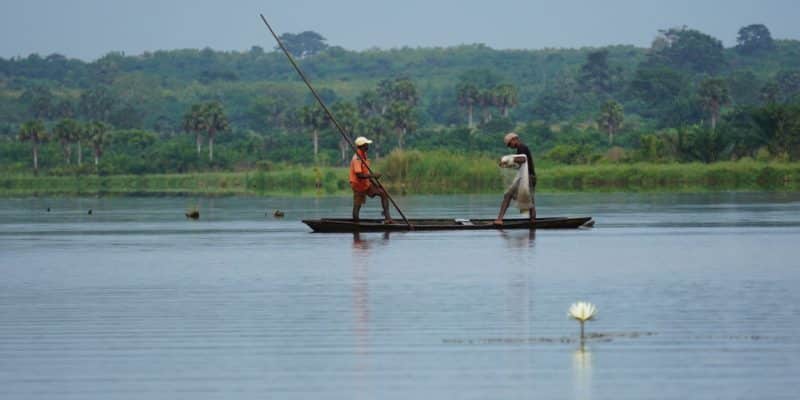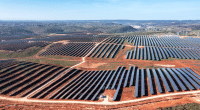The authorities of Benin and Togo are jointly launching environmental and social impact assessments (ESIA) for the cleaning of the Gbaga channel. The initiative, which aims to strengthen climate resilience around this emblematic site of West African biodiversity, will also contribute to improving the living environment of the surrounding populations.
As part of the West African Coastal Resilience Investment Programme (Waca ResIP), the governments of Togo and Benin are committed to protecting the Gbaga Channel. This wetland, which is part of the Mono Biosphere Reserve in its Togolese part, is home to a population of manatees, a species of large herbivorous aquatic mammal classified on the International Union for Conservation of Nature (IUCN) red list. However, this public river domain is increasingly vulnerable to a number of phenomena.
These include erosion and flooding coupled with industrial developments (hydroelectric dams, port infrastructures) and the resulting rapid urbanisation. The initiative will therefore allow the reinforcement of climatic resilience and the improvement of the living conditions of the populations of Agokpamé, Klouvidonou, Agouégan, Séko Djéta, Zanvé, Togbagan, Togbavi, Atchanmey, Agbanakin, Zébé in the councils of Lacs 1 and Lacs 2.
“The dredging activities will consist of the complete removal of invasive aquatic plants from the Gbaga channel, dredging to restore navigation without altering the sedimentary hydrodynamics of the system for economic and tourist purposes, and the restoration of mangrove ecosystems favourable to fish reproduction,” the Togolese authorities said.
Read also-BENIN: Two marine protected areas created in Donatin and Bouche du Roy
The protection of the Gbaga channel is also of concern to economic actors. This is the case of the German cement company HeidelbergCement, which invested 39,636 euros (26 million CFA francs) in 2020 through its two subsidiaries ScanTogo and CIMBénin in the support project for the sustainable management of the biodiversity of the Mono transboundary biosphere reserve. This funding has been distributed among eight non-governmental organisations (NGOs) with the aim of conserving and protecting the animal and plant species of the site where 80% of the local population live on agriculture, fishing and timber exploitation, according to the German multinational.
Benoit-Ivan Wansi







